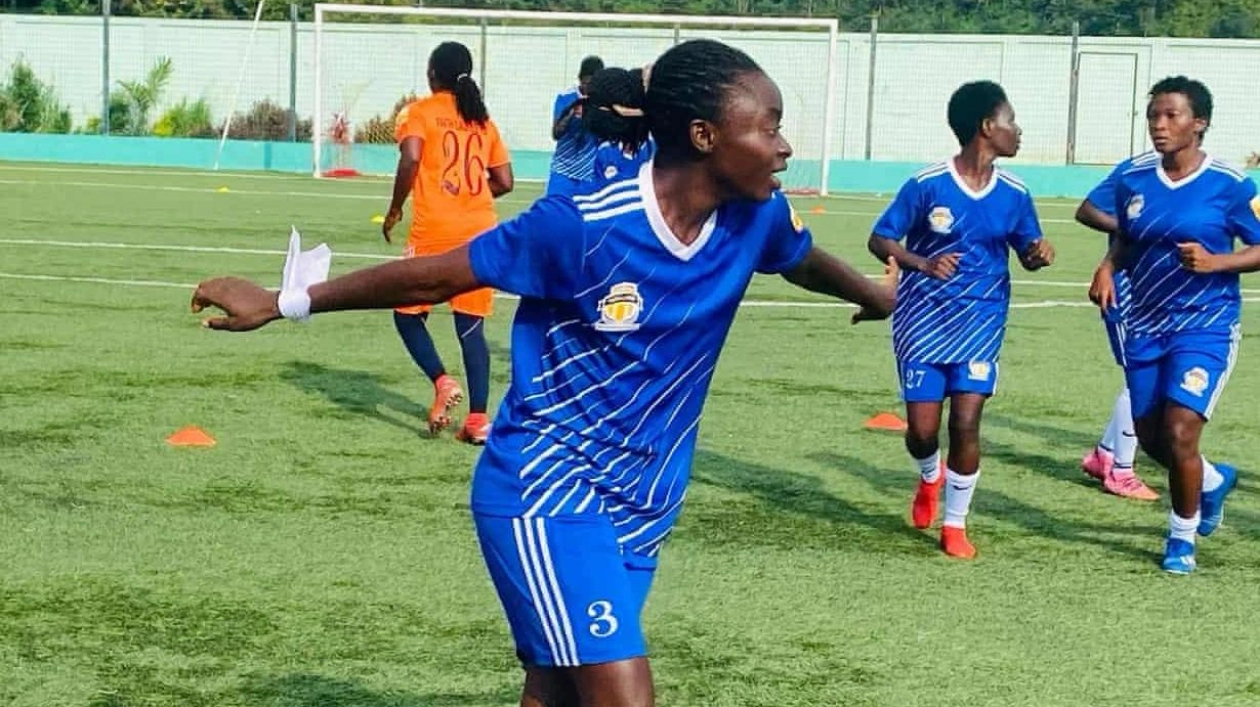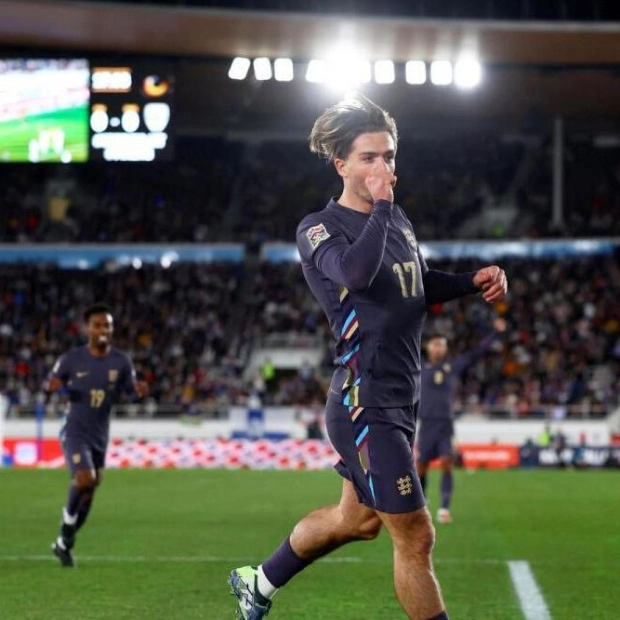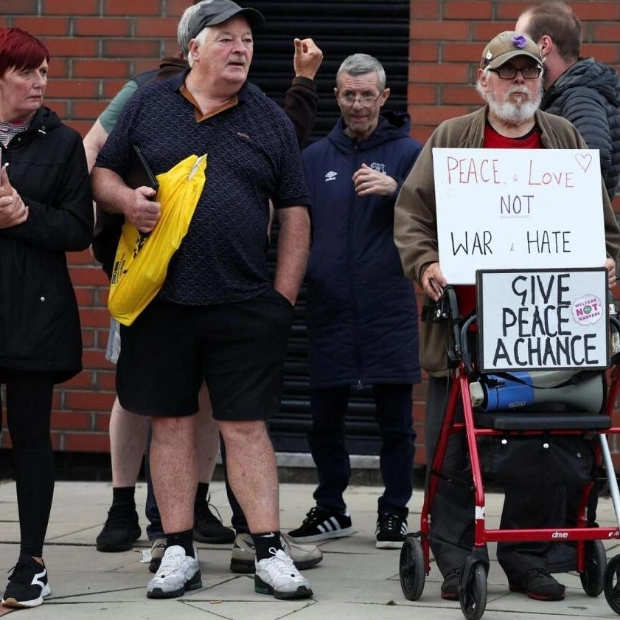Portia Prempeh holds the belief that comfort is essential for peak performance, particularly for female athletes. This conviction has made her acutely aware of how period poverty has impacted her experience as a footballer in the Ghana Women’s Premier League. On days when she lacked sufficient sanitary towels, Portia had to feign illness to avoid playing. This scenario is common among many players in the league. “The absence of sanitary towels has transformed some of my teammates into individuals they are not,” she explains. “For the sake of playing football and not missing matches, they resort to stealing from friends or teammates at camp.” The 32.5% luxury tax on imported sanitary pads in Ghana poses a significant financial hurdle for athletes earning less than 300 cedis (£15.40) from their day jobs and nothing from their clubs, rendering these products unaffordable. Consequently, Prempeh and her teammates often choose locally produced sanitary pads, which are more affordable but less suitable for high-intensity sports.
“When I opt for the cheaper, less absorbent options, it’s easier for me to stain myself, making it challenging to perform at my best in football,” Portia shares. She has made numerous sacrifices to play football, even against her mother’s wishes, but working menial jobs to afford basic necessities is unsustainable, and systemic barriers only exacerbate the issue. “I think the first aid kit in a women’s league should include sanitary products, but it’s disheartening that we don’t have that,” Prempeh notes. “My teammates and I have repeatedly requested this change.” Estrogen levels drop during periods, leading to discomfort such as sweating, mood swings, and cramps. According to Prempeh, even when she experiences cramps, coaches demand her full effort. “In my case, I usually start cramping before my period, making playing difficult,” she says. The situation worsens when she worries about staining herself on the field. “When you complain, you’re told: ‘There is no pain here,’” she recounts. “This makes you feel guilty for feeling weak, and paracetamol alone isn’t enough to alleviate the cramps.”
Among the myriad challenges faced by young female athletes in Ghana, finding relief from systemic barriers often feels elusive. However, Sylvia Akwaboah, a founding member of Soccer for Dreamers, sees a different path. Her commitment to addressing period poverty began when she learned that many girls were missing five to seven days of school and football training each month due to lack of menstrual pads. To Akwaboah, this was unacceptable. Despite being based in the United States, she was determined to make a difference. Her solution was menstrual cups, a sustainable and cost-effective alternative to sanitary pads. Recognizing that menstrual cups were unfamiliar in Ghana, where most girls were accustomed to pads, her plan was to change the narrative. “The idea of menstrual cups arose because I wanted a more sustainable solution to the problem,” she explains. “We sourced menstrual cups from donors and distributed them to girls in the summer of 2022.” However, her model extended beyond distribution. Before receiving a menstrual cup, each girl participated in an educational session on menstrual hygiene and safe cup usage, debunking common myths about periods. This comprehensive approach aimed to empower the girls.
Soccer for Dreamers, a non-profit organization, collaborates with the Ghana Football Association, which provides venues for menstrual education sessions and helps identify girls in need of new football gear and menstrual cups. Currently, the focus is on providing menstrual cups to players in division one. For Akwaboah, menstrual cups offer freedom and a practical solution. “Menstrual cups are a cost-effective way to tackle period poverty in the Ghana Women’s League,” she says. “They can last up to 10 years, providing these girls with the freedom to engage in soccer without hindrances.” Period poverty in Ghana extends beyond what non-profits can address alone. “These luxury taxes need to be eliminated,” Akwaboah asserts. “Having a period is a necessity, not a luxury.” In 2023, a private member’s bill was introduced in parliament to remove this tax, but progress has stalled. While individuals like Akwaboah continue to make a significant impact through grassroots action, long-term solutions require policy changes. For now, Akwaboah’s efforts provide young athletes with hope, dignity, and the ability to pursue their dreams uninterrupted.
Source link: https://www.theguardian.com






